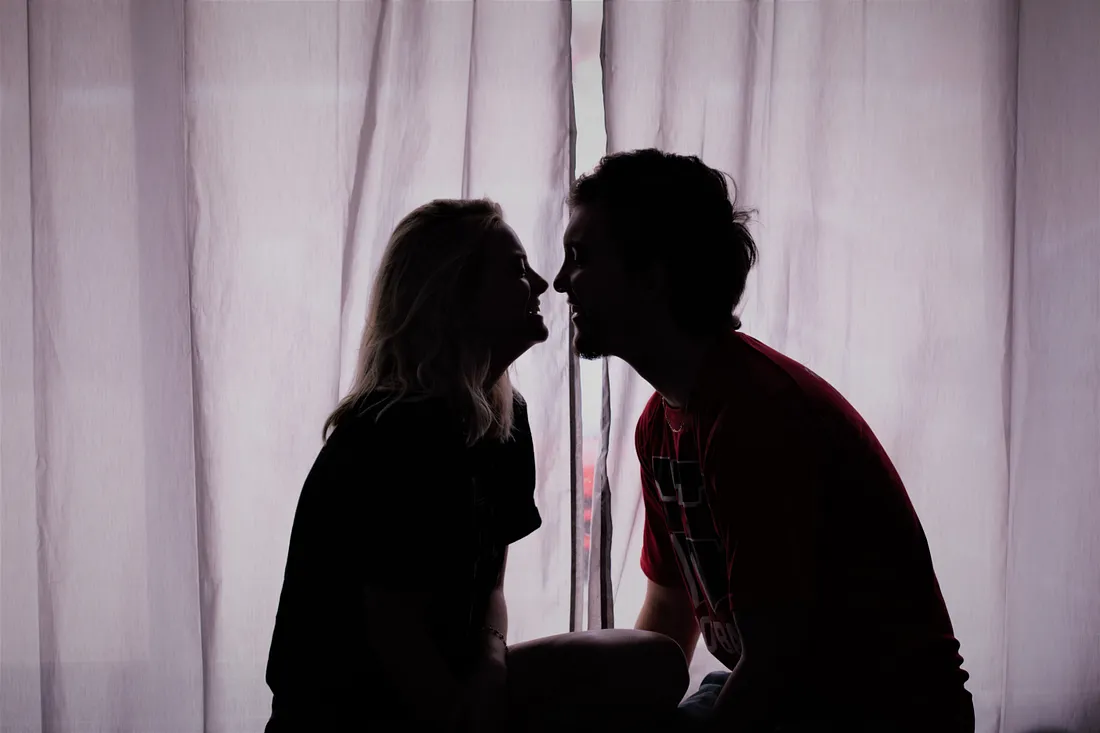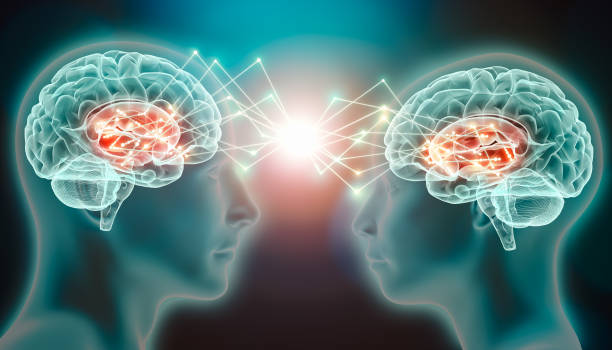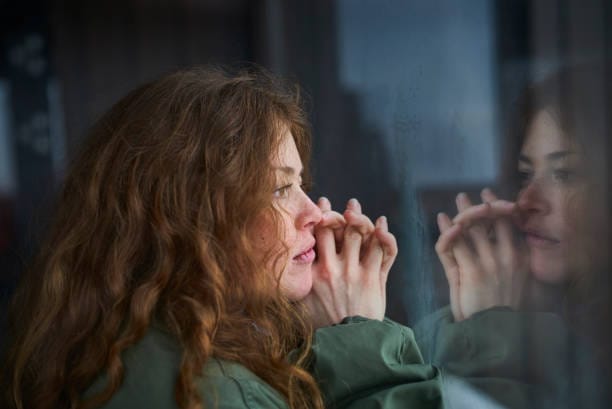It happens quietly.
You meet someone—maybe at a party, maybe online, maybe standing next to you in a line you never meant to be in. They smile. Say something funny. Look at you like you’re made of light. Your stomach flips, but you call it butterflies. Your body leans forward even though your mind warns you to lean back. Somewhere deep inside, something sparks. Something old. Something familiar.
And without meaning to, you begin again.
Despite everything you’ve learned. Despite the therapy, the self-help books, the promises you made to yourself the last time you swore it would be different—you find yourself pulled in. Drawn to someone who doesn’t really see you. Someone emotionally unavailable. Someone who keeps you guessing, or gives you just enough to stay, but never enough to feel safe.
You start to wonder, “Why do I keep falling for the wrong people?”
And the answer is more layered than it seems.
Because the heart doesn’t take notes. It doesn’t remember what hurt you. It remembers what’s familiar.
The Chemistry of Childhood
To understand why we’re drawn to certain people, we have to go back—not to our last relationship, but often to our earliest ones.
Attachment theory tells us that the way we were loved—or not loved—growing up wires our nervous systems in particular ways. It teaches us what love feels like. It teaches us what to expect, what to tolerate, what we must do to earn closeness.
If love came with unpredictability, we might mistake anxiety for passion. If love came with distance, we might crave the chase over stability. If love came with criticism, we might equate approval with safety. If love was absent, we might believe we have to earn every ounce of affection we receive.
This wiring is not conscious. It happens below the surface, like software running in the background. So later in life, when we meet someone whose energy, behavior, or emotional unavailability mirrors that early blueprint, we feel a strange and powerful pull.
It doesn’t feel familiar because it’s healthy. It feels familiar because it’s known.
And our bodies confuse the known with the safe.
This is why so many of us are drawn to people who are emotionally distant, inconsistent, critical, or volatile. They match a pattern we already understand.
It’s not because we’re broken. It’s because we’re trying—subconsciously—to complete a story that never got finished.
The Illusion of Intensity
There’s a certain electricity that comes with these kinds of relationships. The highs are so high. The chemistry is off the charts. The sex feels spiritual. Every touch, every glance, every message carries weight. It’s intoxicating.
But here’s the dangerous part: intensity is not the same as intimacy.
In fact, sometimes it’s the opposite.
Intensity thrives on uncertainty. It lives in the space between craving and reward. It flares up when we don’t know where we stand. When we’re constantly chasing approval. When love feels earned, not given.
This rollercoaster of emotional highs and lows activates the brain’s reward system in a way that’s addictive. It’s the same cycle of anticipation, frustration, and release that drives gambling, drugs, and thrill-seeking.
You become addicted to the potential. Not the reality.
To the hope that this time they’ll change. That this time, you’ll be enough.
But love isn’t meant to be a test. Or a transaction. Or a series of performances.
Real love feels safe. Secure. Steady.
And for many of us, that feels boring.
Not because it is—but because our nervous systems are used to chaos.
The Role of Self-Worth
At the root of attraction is often a mirror.
We are drawn to people who reflect how we feel about ourselves. If we believe we’re unworthy, we’ll chase people who confirm it. If we feel we have to earn love, we’ll seek partners who make us prove our value. If we carry shame, we’ll be magnetized to people who trigger it.
This isn’t masochism. It’s home.
Our brains seek coherence, not happiness. We’d rather stay in painful patterns than enter unknown ones.
So when a kind, emotionally available person enters the picture, it might feel off. “There’s no spark,” we say. “Something’s missing.” But often what’s missing is the familiar pain.
Until we learn to raise our sense of worth, we will continue to seek partners who reflect the love we think we deserve.
We don’t attract what we want.
We attract what we believe.
Projection and the Fantasy of Fixing
Sometimes, it’s not the person we fall for—it’s who we believe they could become.
We see their potential. Their pain. The tiny glimpses of vulnerability hidden behind their walls. We imagine that if we love them hard enough, well enough, purely enough—they’ll heal. They’ll open. They’ll finally see us the way we long to be seen.
This is projection. Not love.
It’s the desire to fix someone in order to fix ourselves.
We don’t fall for them. We fall for the fantasy. The version of them we carry in our heads. The one that’s just a few acts of love away from being real.
But this fantasy has a cost.
You will pour your energy into someone who never asked to be saved. You will try to earn a love that should be given freely. You will chase a mirage. And all the while, you will abandon yourself.
Loving someone should not mean disappearing for them.
The Wound That Wants a Witness
So why do we keep doing it?
Because underneath the attraction is a wound. And that wound is asking to be witnessed.
We keep returning to the same kinds of people because we’re trying to rewrite the past. If we can just get someone like our mother, father, or first love to finally stay, finally choose us, finally treat us right—then maybe we’ll heal.
But this is a trap.
You can’t heal the past by recreating it. You can only heal it by choosing something different.
The healing doesn’t come when someone else sees your worth.
It comes when you stop handing your worth over in the first place.
How Our Culture Confuses Us
We live in a world that glamorizes dysfunction and calls it passion.
Movies show us broken men who are saved by love. Songs glorify pain and co-dependence. Social media celebrates the toxic push-pull of chaotic relationships. “If it hurts, it must be real.” “If it’s hard, it must be worth it.” “If they’re jealous, it means they care.”
No.
Love should not feel like war. You should not have to suffer to be seen. You should not need to convince someone to love you.
But when chaos is sold as romance, we start to believe that calm is counterfeit.
Real love won’t leave you guessing. It won’t confuse you. It won’t make you beg.
It will feel like safety.
And when you’re used to danger, safety takes practice.
Breaking the Pattern
The hardest part of this journey is choosing differently.
Because it won’t feel like love at first.
It will feel awkward. Uncomfortable. You’ll want to run. You’ll question everything.
But that discomfort? It’s the feeling of healing.
It’s your nervous system learning a new language.
A kind partner might not trigger the old spark. But give it time. Sparks fade. Fires built on trust last.
To change who you’re attracted to, you have to change the relationship you have with yourself. Rewire the story. Interrupt the pattern. Teach your body that love isn’t earned. That love can be gentle. That you don’t have to chase it. That you’re allowed to receive it.
That you deserve it.
The People Who Feel Like Home
You will still meet people who feel like home. But here’s the hard truth: not all homes are safe.
Some homes were built on fear. On walking on eggshells. On never being enough.
And when someone feels like that kind of home, it’s your job not to move in.
Healing means creating a new home inside yourself—so you don’t keep looking for rescue in places that keep you drowning.
When you feel safe inside, you won’t crave danger outside.
When you trust yourself, you won’t need someone else to prove your worth.
When you know what love is, you won’t mistake pain for passion.
The Choice That Changes Everything
It starts with a decision.
To pause when the old pattern calls your name. To breathe before responding. To notice when your attraction feels familiar, and ask yourself: is this familiar because it’s healthy—or because it’s my wound?
You are allowed to outgrow the chemistry that kept you in chaos.
You are allowed to say no to the story that taught you love hurts.
You are allowed to rewrite the ending.
And when you do—when you choose the person who doesn’t make your heart race with anxiety, but makes your soul exhale—you will realize something profound:
You were never too much. You were just giving too much to the wrong people.
You were never too broken. You were just trying to heal in a place that kept you bleeding.
You were never hard to love.
You were just waiting for someone—including yourself—to love you in the right way.






